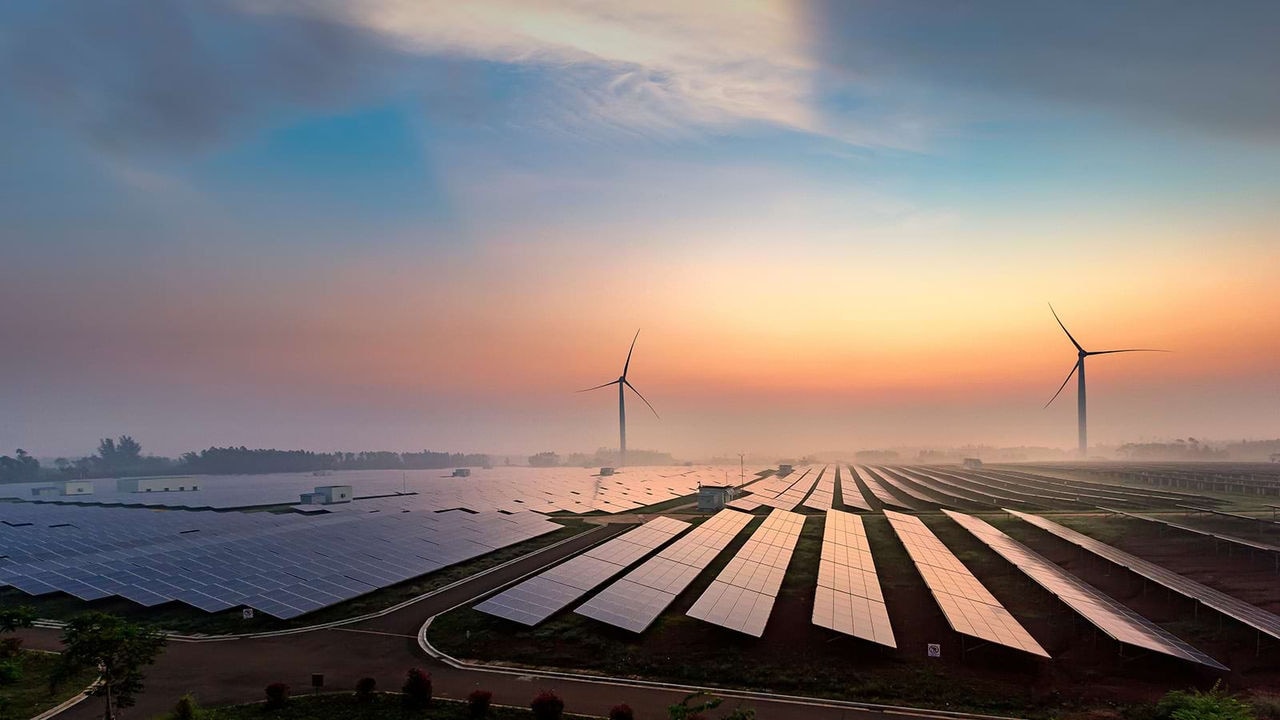{{item.title}}
{{item.text}}

{{item.text}}
Helping you grow in a changing energy and resources world. Advising and delivering strategy, assurance, tax and consulting services for a sustainable future.

The shifting landscape of climate change and the pressing demand for sustainability present formidable challenges for energy, utilities, and natural resources companies in Belgium. However, amidst these challenges lie exciting prospects, ranging from advancements in alternative fuels like hydrogen to the emergence of innovative energy systems.
To not only survive but flourish in this dynamic environment and align with the changing expectations of consumers, investors, and regulators, you must take the lead. Charting a course towards a future vastly distinct from the present involves a paradigm shift—reimagining business models, reshaping markets, integrating sustainable technologies, and introducing novel products and services in innovative ways. All this needs to be accomplished while upholding trust in the reliability of the current energy system.
PwC's global network of problem solvers comprehends the distinctive challenges faced by your industry in Belgium. We stand prepared to assist you in navigating the complexities of the energy transition and seizing the fresh opportunities that come with transformative change.
Stay informed about upcoming events on Energy, utilities & resources.
In the unfolding years, Belgium's energy, utilities, and resources sectors will be shaped by distinctive trends reflective of the country's dynamic landscape. Beyond the overarching influence of climate change, these trends encompass the depletion of resources, significant transformations in the global energy composition, mounting pressure to attain net-zero objectives, and the convergence of business models across various industries.
In Belgium's energy landscape, PwC observes several promising trends that inspire optimism. As the global shift towards green energy and renewable resources gains momentum, business models across diverse industries are converging. Traditional fossil fuel enterprises are redirecting their investments towards wind and solar power production, transforming into integrated energy companies to champion sustainability initiatives. Alternative fuels like hydrogen are poised to play a more prominent role. The automotive industry is evolving into a vital component of the electricity grid, leveraging electric vehicles as an expanding source of energy storage. Additionally, various battery technologies will increasingly contribute to the resilience of our energy networks. Information technology companies are assuming a critical role in sustainability efforts, employing data, analytics, and automation to enhance efficiencies across resource supply chains. While these trends present both risks and opportunities for businesses in various sectors, our professionals stand ready to assist you in navigating them to achieve your goals within the specific context of Belgium's energy landscape.
Amidst global economic recovery efforts, energy companies in Belgium hold a pivotal role in spearheading a green economic resurgence. While economic stimulus programs worldwide offer support for renewable energy and sustainability, they often present dual incentives for fossil fuels and conventional practices. Simultaneously, mounting pressure from investors, consumers, and regulators demands emission reductions and aligning with evolving expectations around environmental, social, and corporate governance (ESG) practices. These conflicting demands pose risks for energy, utilities, and resources companies but also present opportunities for innovative business models and markets in Belgium's energy landscape.
Sustainable investment funds are witnessing substantial growth, channeling billions to reduce the costs of alternative energy technologies and decarbonize power generation and industrial processes in Belgium. As renewables gain prominence, the energy mix becomes both greener and more intricate, posing challenges in balancing supply and demand. Industries heavily reliant on carbon-based inputs must explore alternative feedstocks or adopt methods to recycle carbon. Processes generating CO2 byproducts necessitate integrating carbon capture, recycling, and storage technologies in Belgium's evolving energy scenario.
Over the coming decades, Belgium's energy sector, among other industries, will undergo transformative changes unseen since the Industrial Revolution. Convergence of industries and the emergence of new energy systems will create opportunities for novel business clusters. Funding for such clusters is poised to surge, with investors seeking innovative ventures focusing on sustainability. Belgium's business landscape can anticipate an increase in public-private collaborations exploring alternatives to traditional market approaches, working towards sustainable energy solutions.
Navigating the shift to a new energy and industry landscape in Belgium requires collaboration between companies and the public sector. A willingness to innovate and bold action in developing long-term visions and policies is imperative. Governments and industries must explore various tools—from tax credits and subsidies to public-private investment partnerships and unique incentives—to drive change. Embracing advanced digital technologies, adopting new working models, fostering cross-industry collaboration, and more, are essential for building resilience and sustainability.
Realigning businesses in Belgium for sustainable ESG goals is a gradual, dynamic process requiring years of commitment. Commencing this journey promptly positions organizations to manage risks and seize emerging opportunities. Delaying action on sustainability and net-zero goals in Belgium may lead to near-term risks as expectations for responsible business practices rise. Establishing a successful ESG roadmap involves setting clear targets and goals, implementing strategies through transformed business processes, capital investments, innovation programs, and other incentive mechanisms. PwC offers global expertise and experience to assist companies on this transformative journey within the context of Belgium's unique energy landscape.
The success of the energy transition will be led by organisations that are bold enough to create ecosystem change
{{item.text}}

{{item.text}}



